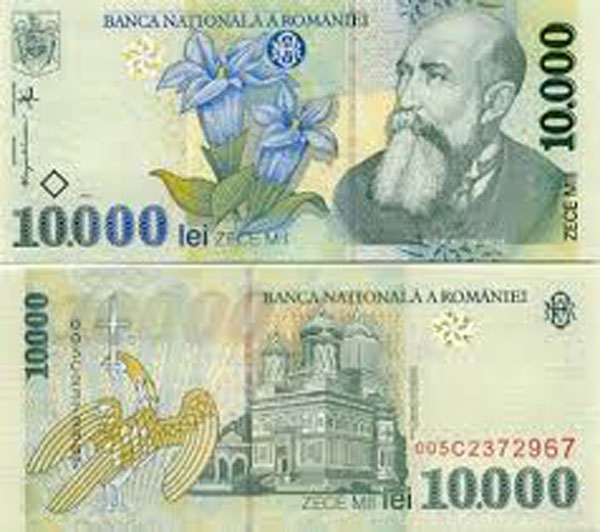Tuesday, 10 November 2015 18:00
 BUDAPEST: The kuna extended its losses on Tuesday, while other Central European currencies were treading water, after Sunday’s elections in Croatia left it unclear who will form a government.
BUDAPEST: The kuna extended its losses on Tuesday, while other Central European currencies were treading water, after Sunday’s elections in Croatia left it unclear who will form a government.
In the region, political risks are also in the spotlight in Romania, where the prime minister resigned last week, and in Poland, where a eurosceptic party won elections and is forming a government.
The kuna traded at 7.588 against the euro at 0910 GMT, its weakest levels this month, down by 0.3 percent from Monday.
The conservative HZD won Croatia’s elections, But neither HDZ or the Social Democrats have a parliament majority.
The third biggest party, the “Most” (Bridge) is pressing for public sector reform which analysts say are badly needed in the country for recovery from recession and budget deficits.
“We expect HRK to show some moderate weakening towards EUR/HRK 7.70 until year-end 2015,” Raiffeisen analysts said in a note.
“Potential for the kuna going forward is limited unless we see signs of urgently needed reform efforts that markets are waiting for.”
Hungary’s 3-year government bond yields dropped 3 basis points to 1.85 percent, after figures showing 0.1 percent annual inflation in October underpinned the view that inflation remains low in the country and in the region. Polish yields also declined.
A trader in Budapest said a fall in US and euro zone yields triggered the regional move rather than the Hungarian figures.
The forint and the zloty eased a shade as risk aversion increased in global markets due to worries over growth and expectations for a Federal Reserve rate hike in December.
But the fast-growing and stable region’s currencies which are linked to the euro rather than the US dollar got support from Monday’s Reuters report which said the European Central Bank may cut rates by more than 0.1 percent next month.
“Zloty is also supported by unofficial information, according to which some of the ECB Governor Council members are ready to cut the bank’s deposit rate in December,” Bank Millennium analysts said in a note.
Poland’s election winners named ministers in the new government on Monday. The reaction of local markets has been cautiously positive.
The leu was a shade firmer.
Romania’s ruling Social Democrats proposed deputy central bank governor Liviu Voinea as prime minister late on Monday and the opposition abandoned plans for a snap election, paving the way for a broadly-backed government.
The central bank has criticized the outgoing government’s tax cut and wage hike policy.




























